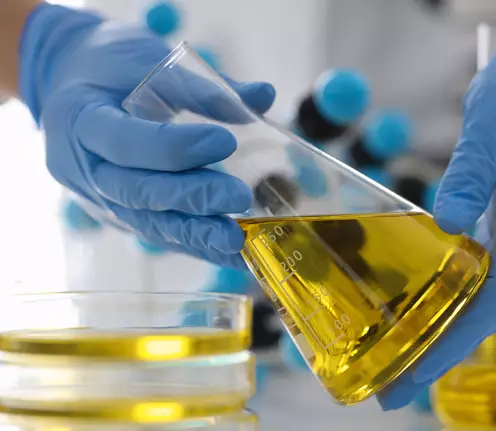
plants for the production of HYDROGEN by electrolysis
Hydrogen is a very light gas, whose main properties are that it is flammable, colourless, odourless, non-metallic and insoluble in water.
Chlor-alkali plants for hydrogen generation
In our electrolysis plants, hydrogen is obtained through the process of the electrolysis of sodium chloride and water by passing electrical energy in the form of a direct current. The hydrogen gas is formed at the cathode by the following reaction:
2 H2O + 2e- = H2(g) + 2 OH-
Hydrogen has many applications, primarily in industry, but also in the energy and transport sectors. Some of them are:
- In the refining of oil into gasoline, diesel, paraffin, naphtha or asphalt in processes such as hydrocracking.
- In the chemical industry for the manufacture of hydrochloric acid, ammonia, hydrogen peroxide or aniline.
- In other industries such as metallurgical, glass, cosmetics or Food industries.
- As a fuel through its direct use in combustion engines or in fuel cells for the generation of electrical energy or for vehicle transport.
WANT + INFORMATION?
Contact us


